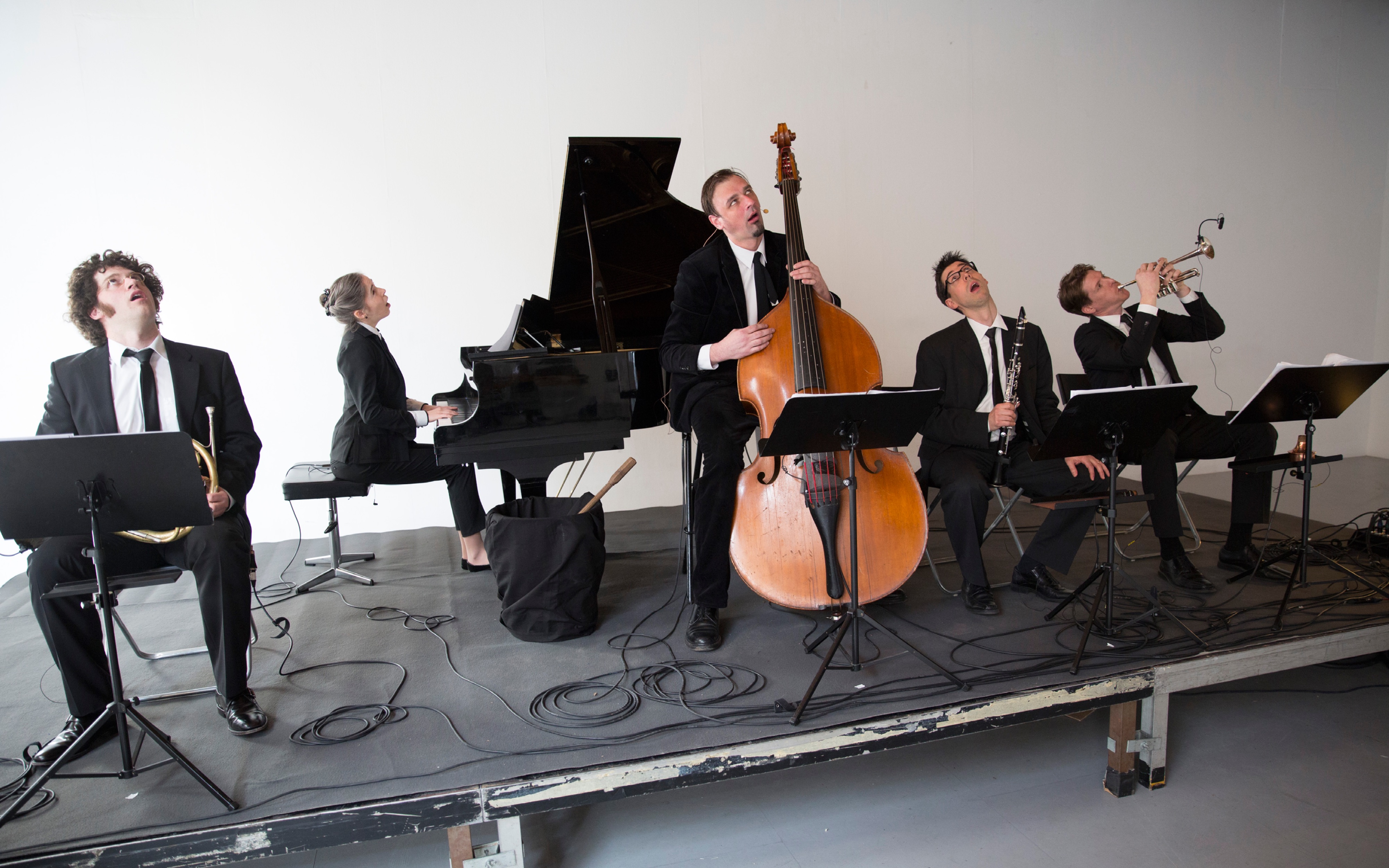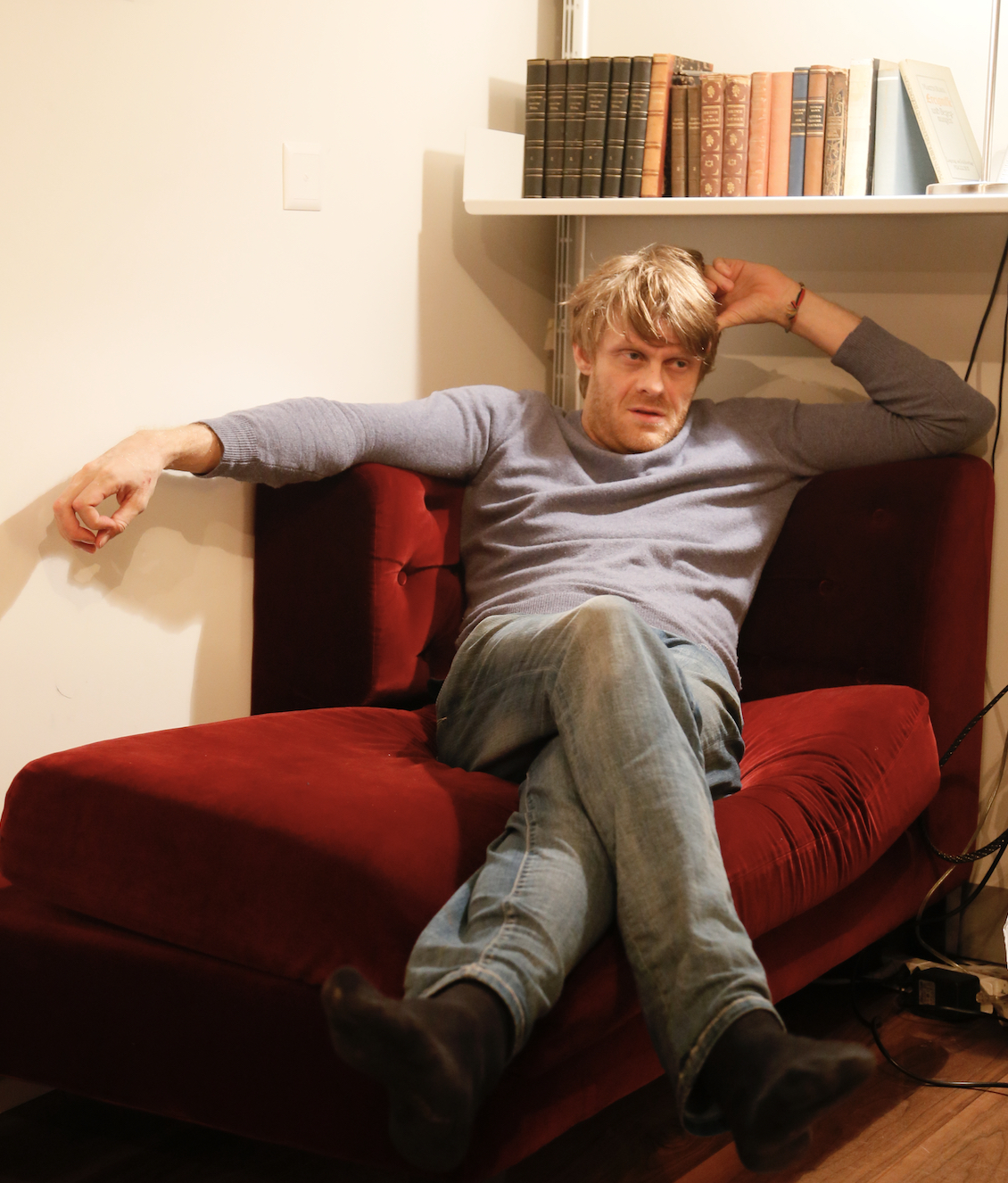A portrait of Simone Keller – pianist, curator, music mediator @ Festival Wien Modern & Edu Haubensak: Grosse Stimmung 31.10.20
by Corinne Holtz
2020 begins with tightly scheduled concerts. For Laptop4, an instrumental play by Lara Stanić, Kukuruz Quartet also used a camera and a microphone, while for Ensemble Tzara and world premieres by Patrick Frank and Trond Reinholdtsen, Simone Keller is featured at the piano. On March 12th, the day before the lockdown is announced, she and the thélème choir present a whimsical programme of vocal music ranging from Guillaume de Machaut to Francis Poulenc.
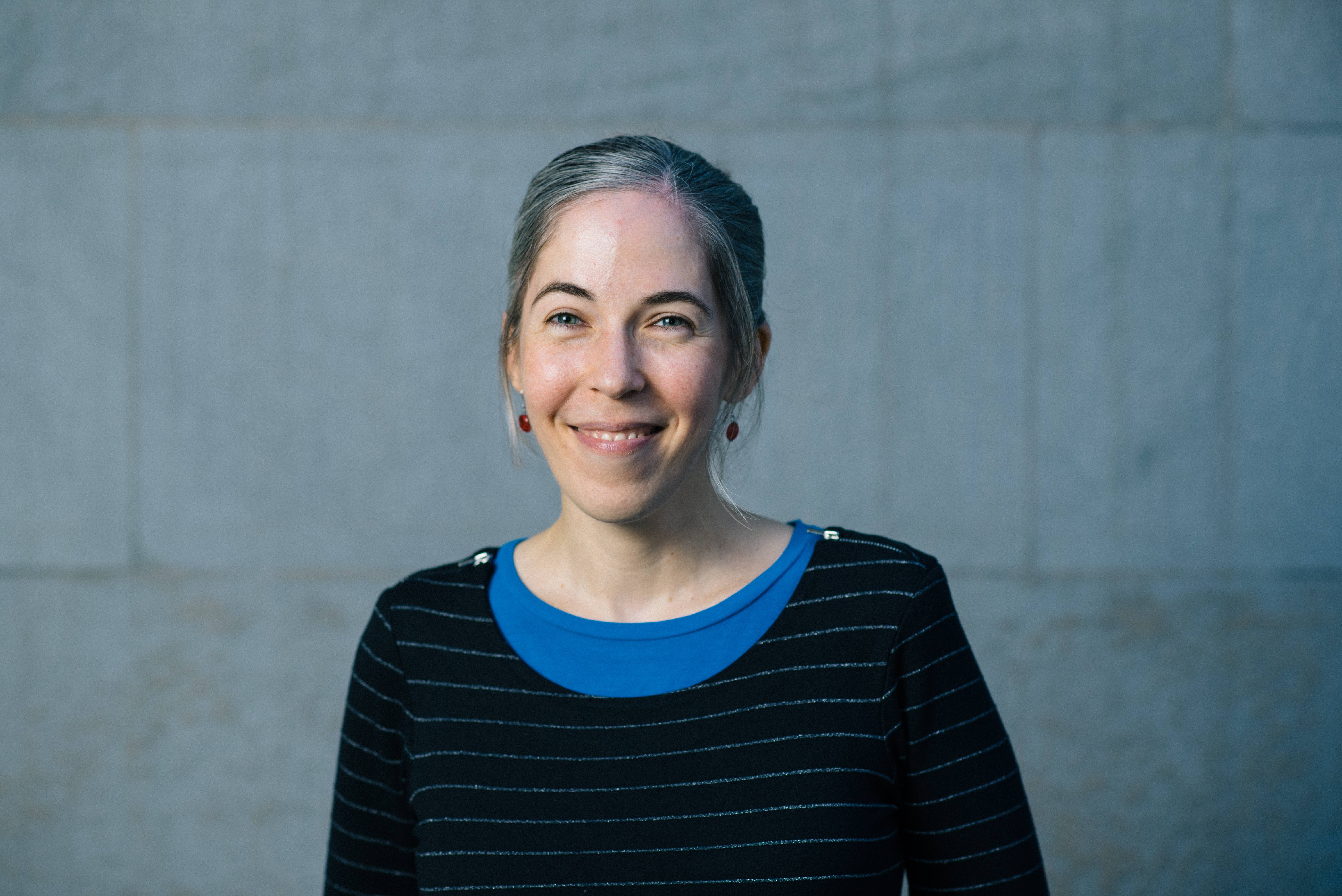
Then the lights go out… the premiere of Grosse Stimmung by Edu Habensak for differently tuned pianos is also affected. The Ruhrtriennale is cancelled, but the Wien Modern festival is scheduled for the end of October. The parquet chairs in the great hall of the Vienna Konzerthaus have to be moved apart, in order to create space for a total of ten differently tuned concert pianos.
Simone Keller, Samuel Bächli and Stefan Wirth are determined to play the cycle, which lasts over three hours, on October 31st. The finale is a newly commissioned tutti, featuring students of the University of Music and Performing Arts.
“Yes, we will go to Vienna, unless there is really a travel ban on entry. We would also accept the quarantine. I played at the Wiener Festwochen in early September. The organisers were extremely careful regarding rules and measures, so that the performances could take place”.
A woman’s advice: “show less emotions and discuss your hairstyle with a man beforehand…”
Simone Keller is also candid when it comes to the financial consequences of the pandemic. She has been able to cover 80% of the work losses in recent months, thanks to government support measures. The new Covid law, which became effective in September, guarantees compensation for work loss until June 2021, but only to those who can prove a loss of at least 55% compared to 2015-2019. “This is of course ridiculous when, like me, one earns some 40’000 francs a year… which means you can barely get by even at 100%”.
Simone Keller in Lara Stanic, Fantasia for Piano-Solo and electronics, 2020
The crisis is existential. Are women harder hit than men? “As a freelance artist, I am at the bottom of the food chain anyway, where it’s probably not a gender-based classification anymore.” Things are different when women stand on a stage and send signals that the audience evaluates. “An advice given to me by a woman in a high management position was eye-opening to me. She advised to show less emotions when making music and to always discuss my hairstyle with a man. She herself would always ask her husband what he thought of her appearance before an important meeting”. Since then, Simone Keller has also been taking a closer look at “sexism among women”.
Simone Keller plays Julia Amanda Perry © Wiener Festwochen 2020 reframed
“turning the impossible into possible “
She explores herself by revealing little-known repertoire as well as daring refreshing forms of programming, for example in the context of the carte blanche granted to her by Zurich’s Moods Jazz Club. “Turning the impossible into possible”, says the pianist and curator on the sold-out opening night of the ‘Breaking Boundaries’ festival. Her driving force seems to be passion and subversion at once, carried by the flame of finally being able to play in front of an audience again.
Simone Keller selected three venues for the three programme elements: four concert pianos, each in its own mood for a cross-section of Edu Haubensak’s piano cycle Grosse Stimmung, six pianos for music by Julius Eastman – interpreted with three refugees as fellow musicians – and Moods’ grand piano the for the improvisation by Vera Kappeler with Peter Conradin Zumthor on percussion. “The effort was enormous, we must thank piano manufacturer Urs Bachmann and his team for the commitment, without them it wouldn’t have happened”.
An invitation to listen to colours – a single key becoming a microcluster.
Simone Keller sparks when she gets going. Every tone gets the exact amount of energy it needs and is precisely placed in space and time, shaped by pianistic subtlety. Patterns become comprehensible phrases. Shock moments are as deeply developed as lyrical gestures. The extremely physical music of Haubensak becomes vivid. Haubensak describes the resulting sounds as “noise cubes”: they literally jump at the listener. The whirring of the overlapping vibrations in Collection II, releases colours never heard before. The ear is in the eye of the storm. Haubensak has created his own mixed mood for the scordatura of Collection II, which gives each position on the piano a special character. If all three strings (or tones) of a key are tuned differently, the horizon widens. A single key becoming a microcluster. The piano becomes unbounded when all 241 strings are tuned differently. And the attack on the sovereign instrument becomes an invitation to listen to colours.
Simone Keller plays Edu Haubensak Pur, for piano in Skordatur (2004/05, rev. 2012)
Simone Keller formulates “bold wishes” beyond art: social security for artists, basic granted income with personal responsibility for risk, integrating outsiders into cultural practice. There will be a lot on the plate there, because the crisis has only just begun. The pianist has been leading the artists’ collective ‘ox+öl’ together with director Philipp Bartels since 2014. It runs composition and improvisation workshops for and with children with a migration background and organizing participative concerts with violent juvenile criminals in prison.
Simone Keller is preparing for the uncertain future. This summer, she embarked on another area: an “intensive education programme in sign language, triggered by a music theatre project with deaf people”. Perhaps she will do an apprenticeship and become a sign language interpreter, “a very sought-after profession”. Another possibility she talks about is increasing her socio-cultural work in prison as well as in the refugees sector and play less concerts.”
Corinne Holtz
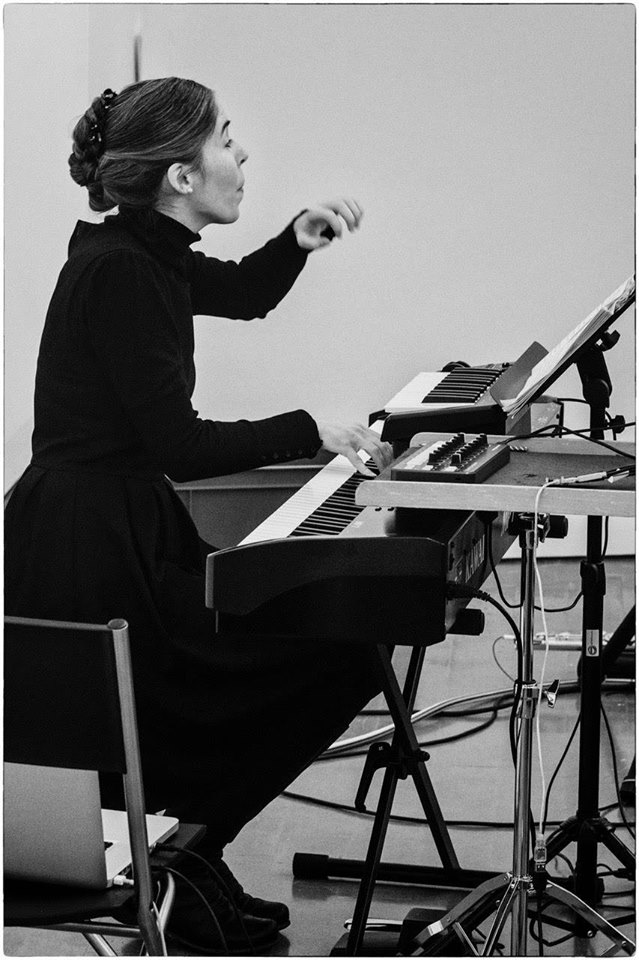
Festival Wien Modern, Edu Haubensak: Grosse Stimmung, 31.10.20
Simone Keller, Wien Modern, ox&öl – Breaking Boundaries Festival, Philipp Bartels, Edu Haubensak, Tomas Bächli, Stefan Wirth, Ensemble Tzara, Lara Stanic, Patrick Frank, Ensemble thélème, Duo Kappeler Zumthor, Urs Bachmann, Trond Reinholdtsen, Moods Club, Kukuruz Quartett
broadcasts SRF 2 Kultur:
Kontext, Mittwoch, 21.10.20, 17:58h: Künste im Gespräch, Redaktion Corinne Holtz
in: Musik unserer Zeit, Mittwoch, 21.10.20., 20h: Redaktion Florian Hauser / Roman Hošek / Gabrielle Weber: Sc’ööf! & neo.mx3
neo-Profiles:
Simone Keller, Edu Haubensak, Lara Stanic, Stefan Wirth, Ensemble Tzara, Patrick Frank, Peter Conradin Zumthor, ox&öl, Kukuruz Quartett, Trio Retro Disco
texts:
Thomas Meyer: Edu Haubensak – Das wohlverstimmte Klavier, in: Schweizer Musikzeitung, Nr. 11, November 2011
Edu Haubensak: von früher…von später. Im Dickicht der Mikroharmonien, in: MusikTexte 166, August 2020
Pauline Oliveros: Breaking Boundaries


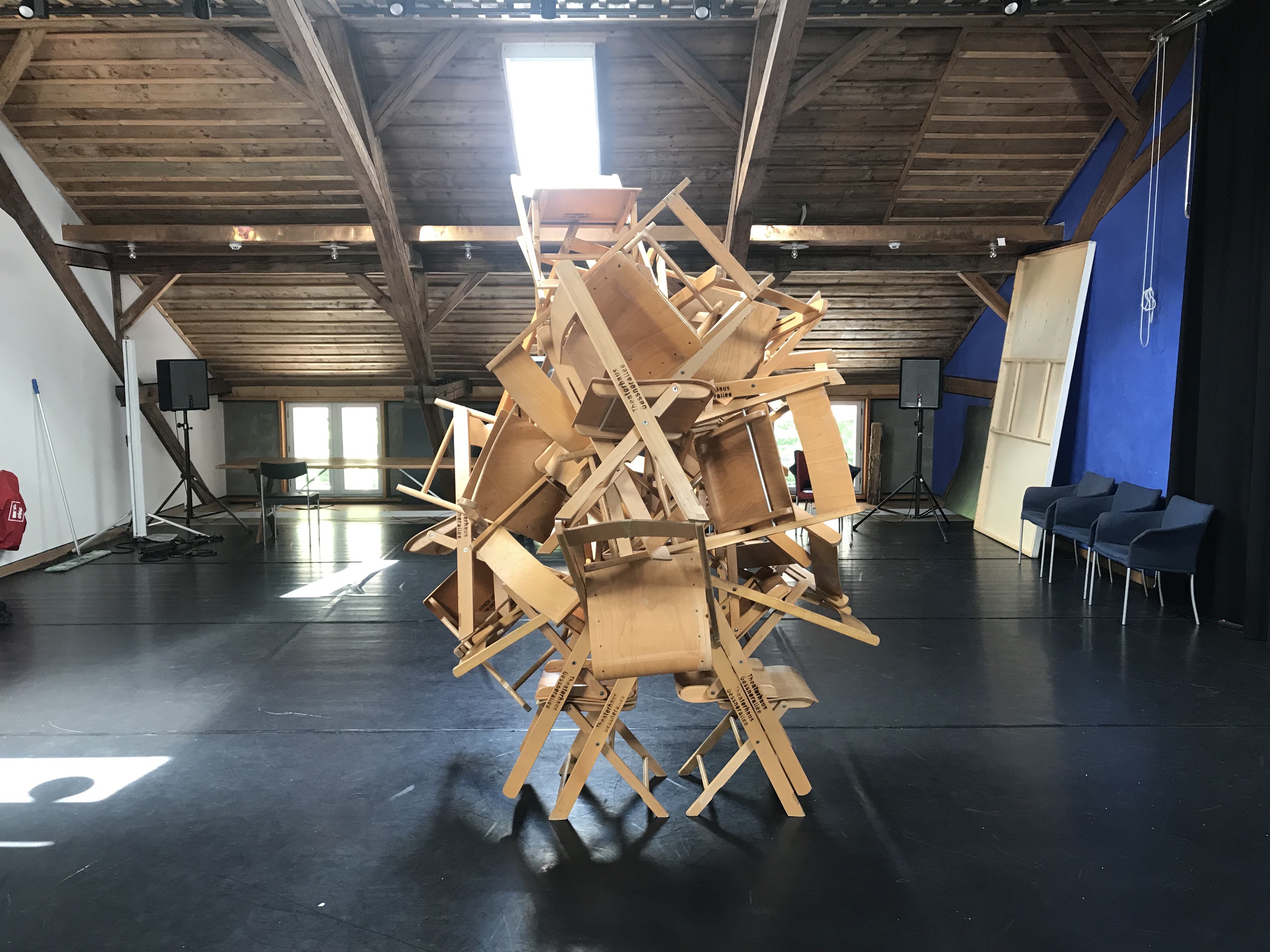 Ensemble Tzara: “The Joy of Saying Yes”, rehearsal picture season 2019/20
Ensemble Tzara: “The Joy of Saying Yes”, rehearsal picture season 2019/20 